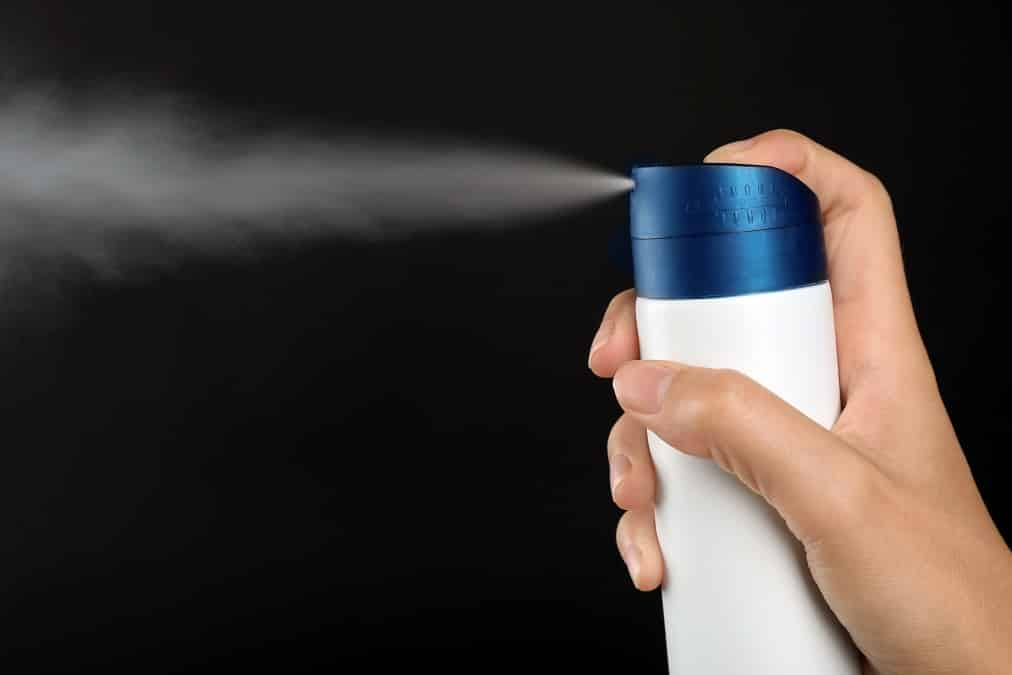As workers globally swap their pajama-clad Zoom calls for trousers and a commute, Unilever reports a whiff of success: a 15% surge in deodorant sales. Gone are the days when a bottle of Febreze was the go-to for freshening up before a meeting. The maker of Dove, Rexona, and Impulse says it’s time for us to go back to basics — or at least, back to antiperspirants.
Smell the Recovery
Graeme Pitkethly, Unilever’s Finance Director, explained the newfound success by saying, “Many people didn’t use deodorant as much when they were in lockdown and working from home, and some recovery in that is coming through.” Who knew that the return to in-person interaction would be marked by a resurgence in the war against body odor?
The personal care division of Unilever has outperformed all other categories in Europe, making it the only one to record an increase in the volume of items sold. This comes in the face of a 10% slump in the total volume of products sold in Europe for Unilever. To offset this, the consumer goods behemoth has implemented a 13% increase in prices, a strategy that has been less than fragrant for those who accuse the company of “greedflation and shrinkflation”
Not Everything is Rosy
Despite the scent-sational surge, not all has been sweet for Unilever. Sales of their ice creams, such as Ben & Jerry’s and Magnums, melted away due to a cool, wet summer and supermarket competition. Global sales were up by 5.2%, led by price hikes of 5.8%, even though the number of items sold dipped by 0.6%. CEO Hein Schumacher assures that profit margins have not swelled, as cost increases were not entirely passed on to consumers.
Towards a More Focused Future
Unilever plans to focus on their top 30 biggest brands, which are either worth €1 billion or rapidly approaching that threshold. Schumacher mentioned that Unilever would focus its sustainability efforts on four primary areas: climate, nature, plastics, and livelihoods. When it comes to brands with a social or environmental purpose, like Dove, the company aims to avoid “force-fitting” a purpose onto every product in their portfolio.
Navigating Controversy
However, it’s not all fresh air for Unilever. The company has faced scrutiny over its ongoing operations in Russia and its compliance with local laws, including the payment of $331 million in taxes to Moscow last year. Schumacher acknowledges these concerns and pledges to keep a close eye on the situation.
The Workers Union Says…
“In a world recovering from isolation and remote work, the surge in deodorant sales perhaps serves as a quirky but telling indicator of how our lives are slowly reverting to a semblance of normality. It may be amusing to think that our return to the social sphere is marked by an increase in personal grooming products, but it also underlines the shifts occurring in consumer behaviour as we adapt to post-pandemic realities.




